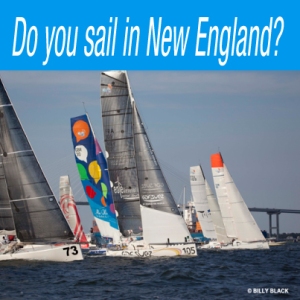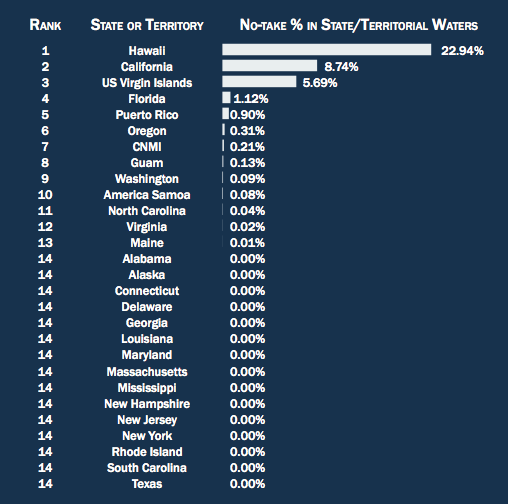Do you sail or boat in New England? The Northeast Regional Planning Body needs you!
 The Northeast Regional Planning Body (a group working on National Ocean Policy in New England) will be holding public meetings for feedback on the draft regional ocean planning goals and associated potential actions. These meetings are for stakeholders and users of New England waterways. (Sailors & Boaters this is you!)
The Northeast Regional Planning Body (a group working on National Ocean Policy in New England) will be holding public meetings for feedback on the draft regional ocean planning goals and associated potential actions. These meetings are for stakeholders and users of New England waterways. (Sailors & Boaters this is you!)
These meetings will also be an opportunity to review draft maps created to show the natural resources and diverse uses of the ocean. Public comment will be taken at these meetings, and if you are not available to attend but wish to provide input, the public comment the deadline is June 28, 2013.
These public meetings will be held in May and June as follows:
May 23, 4:00 to 7:00 PM Portland, ME
May 28, 4:00 to 7:00 PM Narragansett, RI
June 3, 4:00 to 7:00 PM Ellsworth, ME
June 4, 5:30 to 8:30 PM Rockland, ME
June 6, 4:00 to 7:00 PM Boston, MA
June 13, 4:00 to 7:00 PM New Haven, CT
June 17, 4:00 to 7:00 PM New Bedford, MA
June 18, 4:00 to 7:00 PM Gloucester, MA
June 19, 4:00 to 7:00 PM Barnstable, MA
June 25, 4:00 to 7:00 PM Portsmouth, NH
For additional information about these meetings and how to provide public comment visit: http://northeastoceancouncil.org/regional-planning-body/public-meetings/















